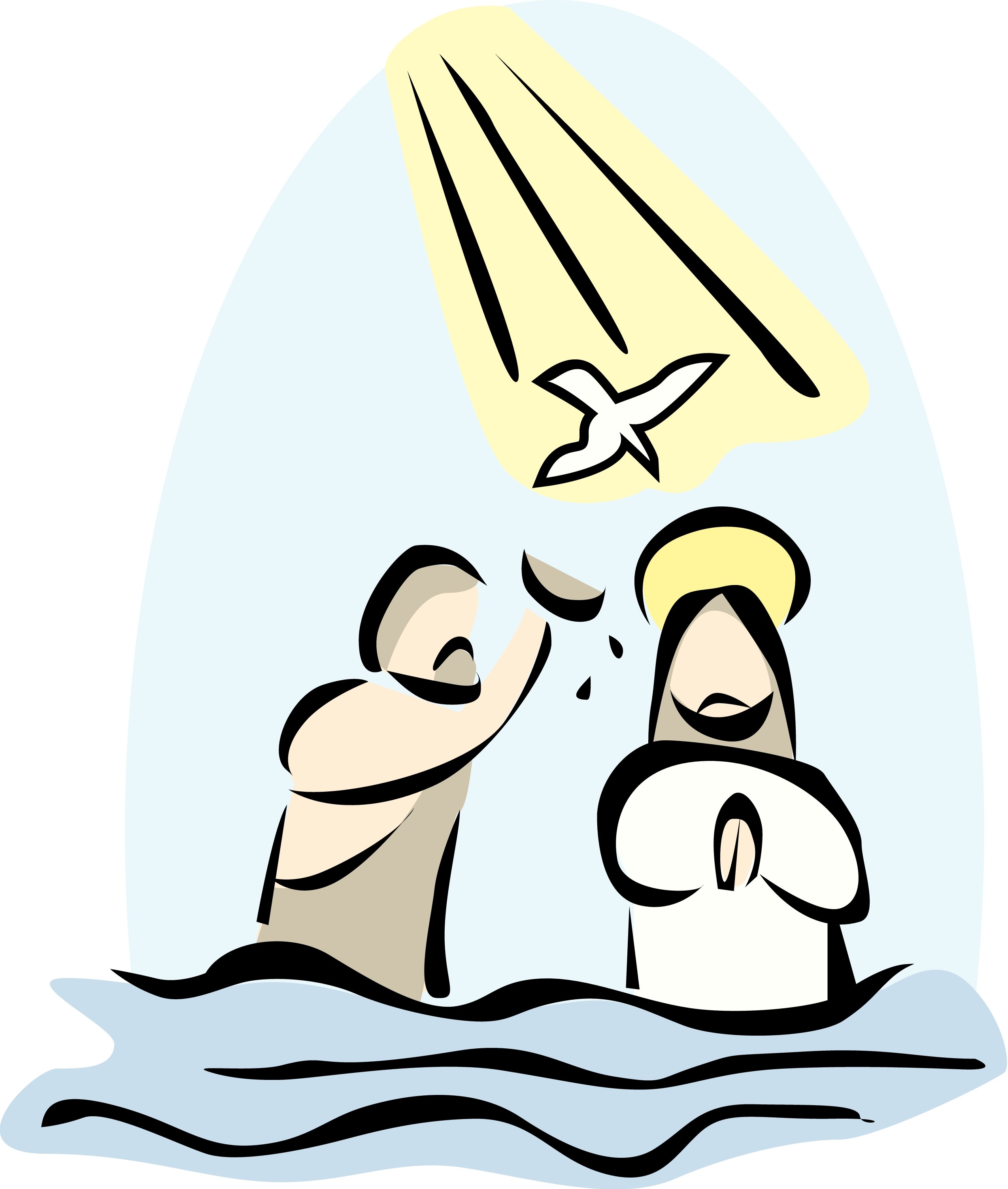I've often wondered why
priests weren't allowed to get married.
I mean wouldn’t they have a much better idea of what we parents have to
go through with our spouses and kids? But
after a little research I've found that I was quite mistaken. You see, the Catholic
Church doesn't forbid anyone from marrying. The Church simply chooses those who
have already made a vow of chastity.
You see, everyone is free
to decide whether or not to take a vow of celibacy. The Catholic Church of the
Roman Rite, this congregation is member of this rite, chooses whom to lay hands
on for priestly ordination. This practice is a tradition that could change
since this practice is not a divinely ordained practice. It is simply a small
‘t’ tradition that began from very early on in Christian history.
Personally, it would
surprise me greatly if the Church did change its practice of only ordaining men
who have previously made a vow of celibacy. It would surprise me because both
Paul and Jesus encouraged the celibate life for those who were called to it.
Jesus said:" For there are eunuchs who have been so from
birth, and there are eunuchs who have been made eunuchs by others, and there
are eunuchs who have made themselves eunuchs for the sake of the kingdom of
heaven. Let anyone accept this who can.’ (Matt 19:12)
Paul himself recommends
celibacy for those who can live this kind of life since their priorities will
be divided. Isn’t it better to have a priest that is able to pick up and go
wherever, and whenever, he may be needed, including foxholes, without the worry
of being absent from their wives and kids? Paul put it this way in his letter
to the Corinthians: “I want you to be free from anxieties. The unmarried man
is anxious about the affairs of the Lord, how to please the Lord; but the married man is anxious about the affairs of the world, how
to please his wife, and his interests are divided. And the unmarried woman and
the virgin are anxious about the affairs of the Lord, so that they may be holy
in body and spirit; but the married woman is anxious about the affairs of the
world, how to please her husband. I say this for your own benefit, not to put any
restraint upon you, but to promote good order and unhindered devotion to the
Lord.”
Here’s a somewhat lengthy
excerpt from catholic.com on the goodness of celibacy in the priesthood.
Most Catholics marry, and all Catholics are
taught to venerate marriage as a holy institution—a sacrament, an action of God
upon our souls; one of the holiest things we encounter in this life.
In fact, it is precisely the holiness of
marriage that makes celibacy precious; for only what is good and holy in itself
can be given up for God as a sacrifice. Just as fasting presupposes the
goodness of food, celibacy presupposes the goodness of marriage. To despise
celibacy, therefore, is to undermine marriage itself—as the early Fathers
pointed out.
Celibacy is also a life-affirming institution.
In the Old Testament, where celibacy was almost unknown, the childless were
often despised by others and themselves; only through children, it was felt,
did one acquire value. By renouncing marriage, the celibate affirms the
intrinsic value of each human life in itself, regardless of offspring.
Finally, celibacy is an eschatological sign to
the Church, a living-out in the present of the universal celibacy of heaven:
"For in the resurrection they neither marry nor are given in marriage, but
are like angels in heaven" (Matt. 22:30).
God Bless
Nathan
Nathan
